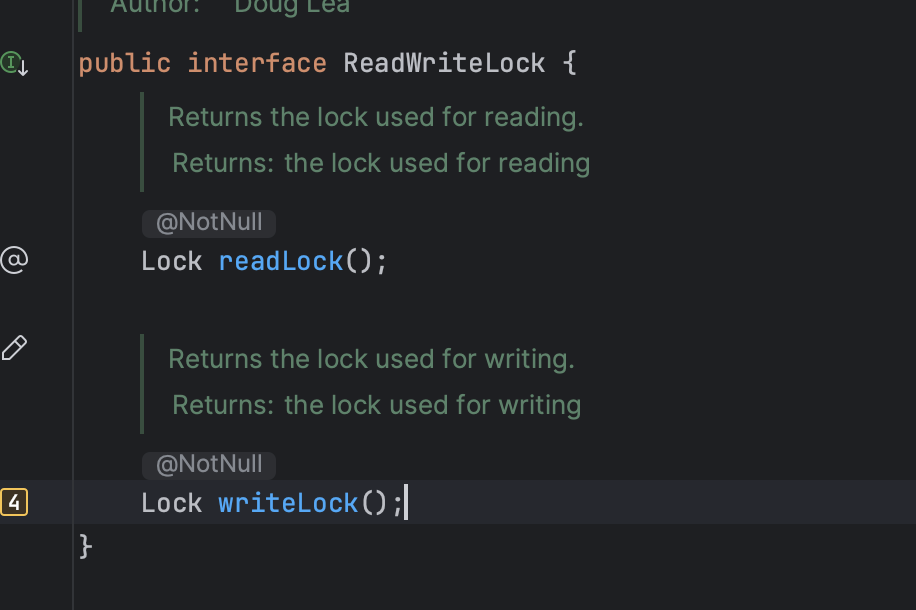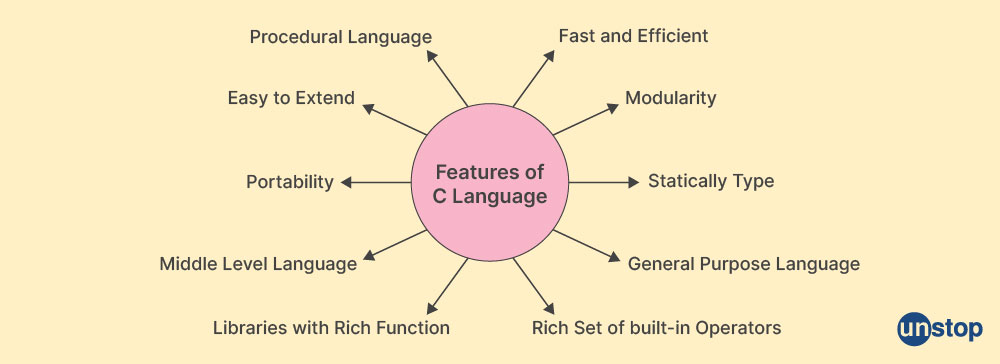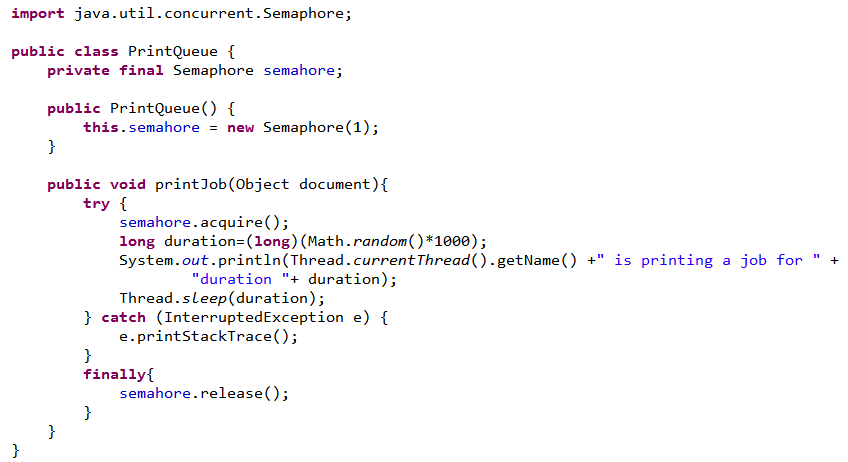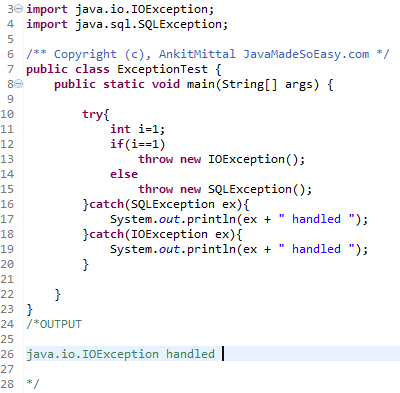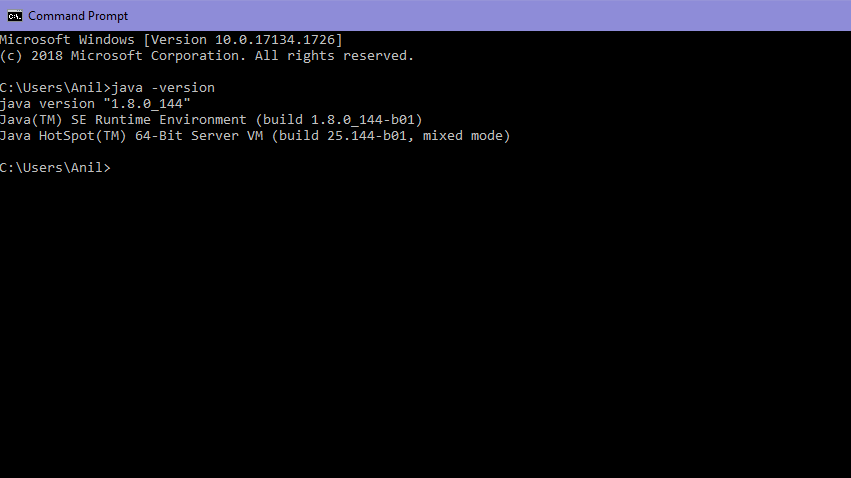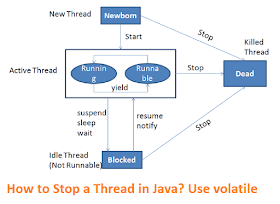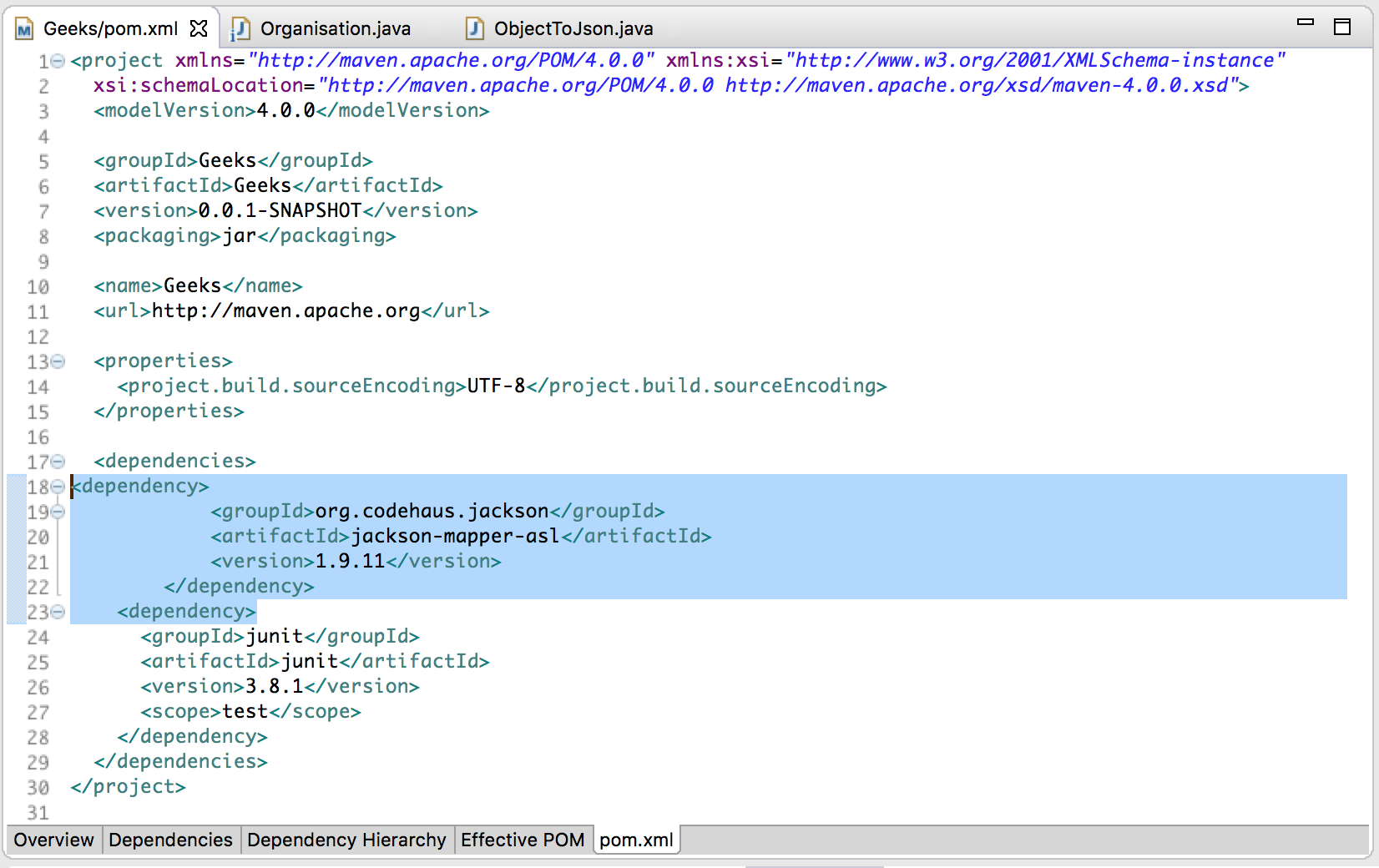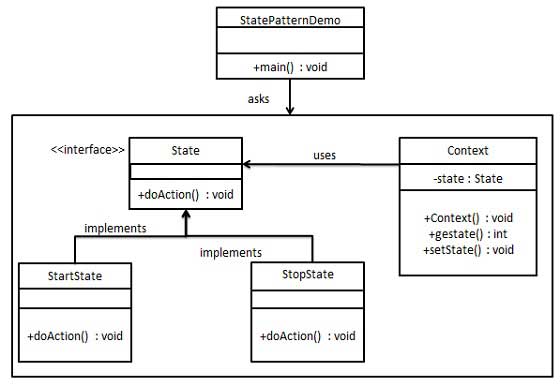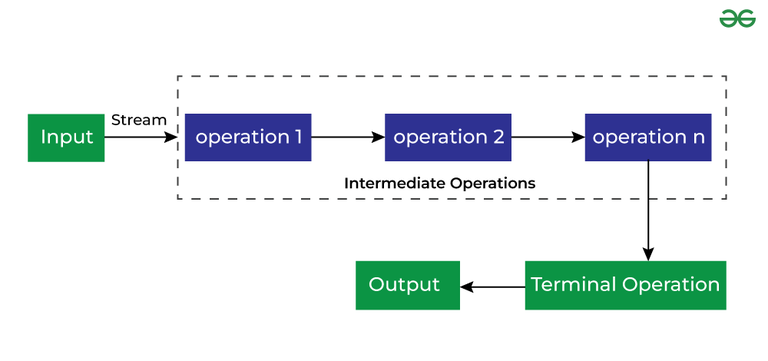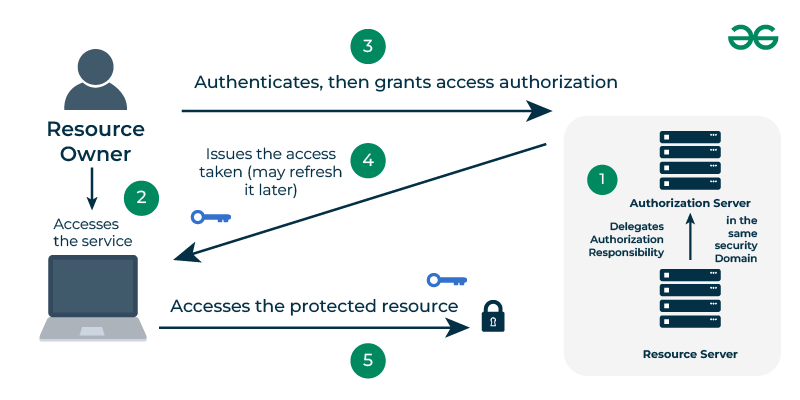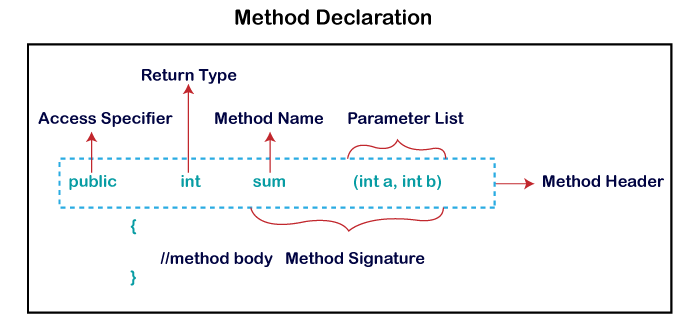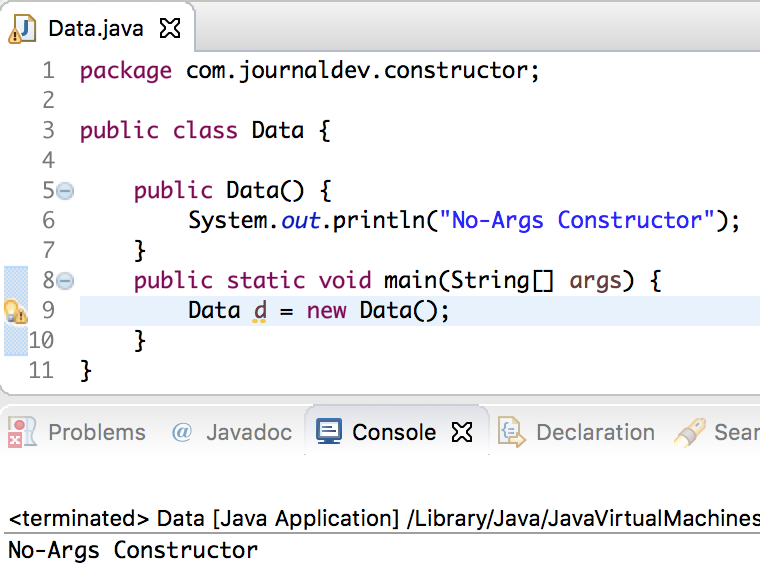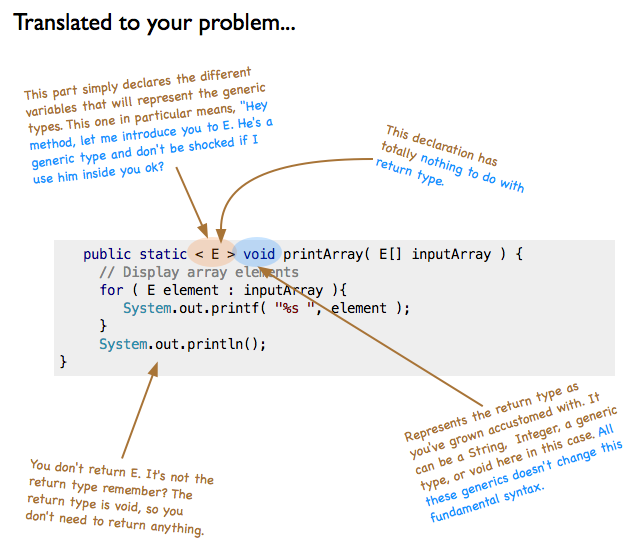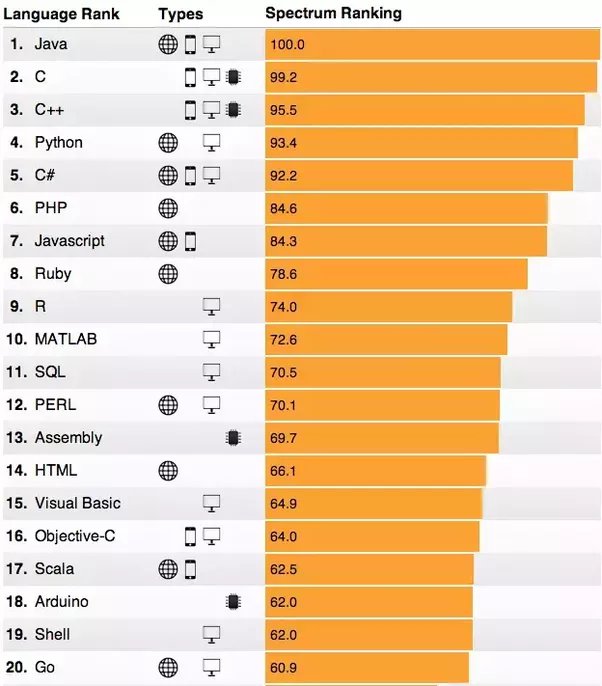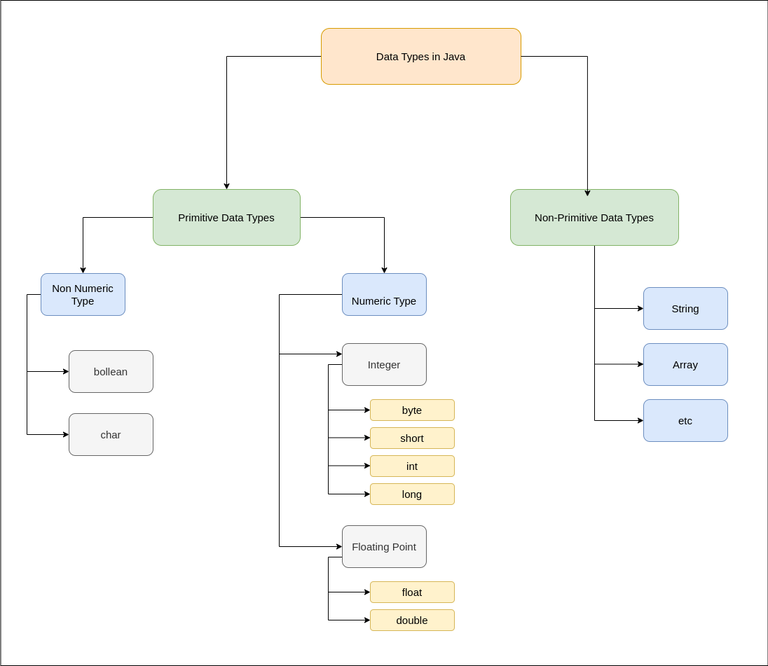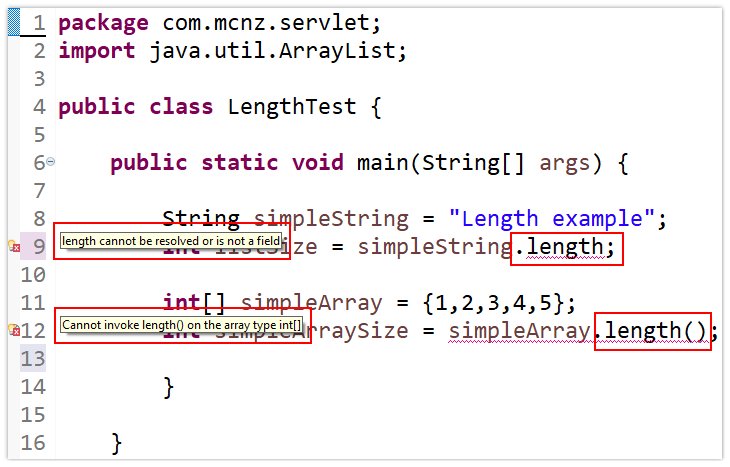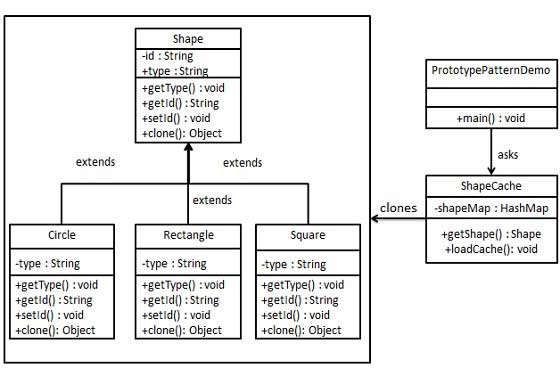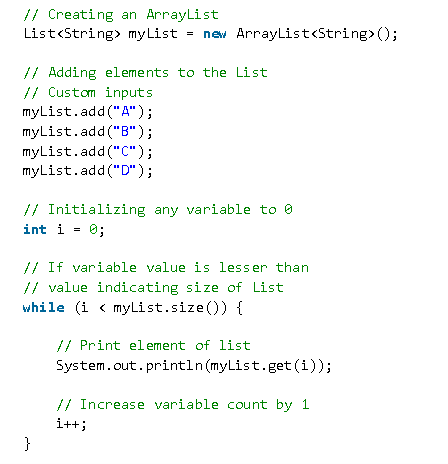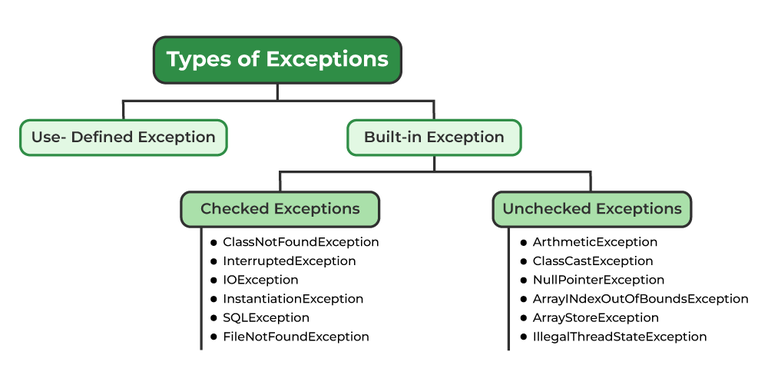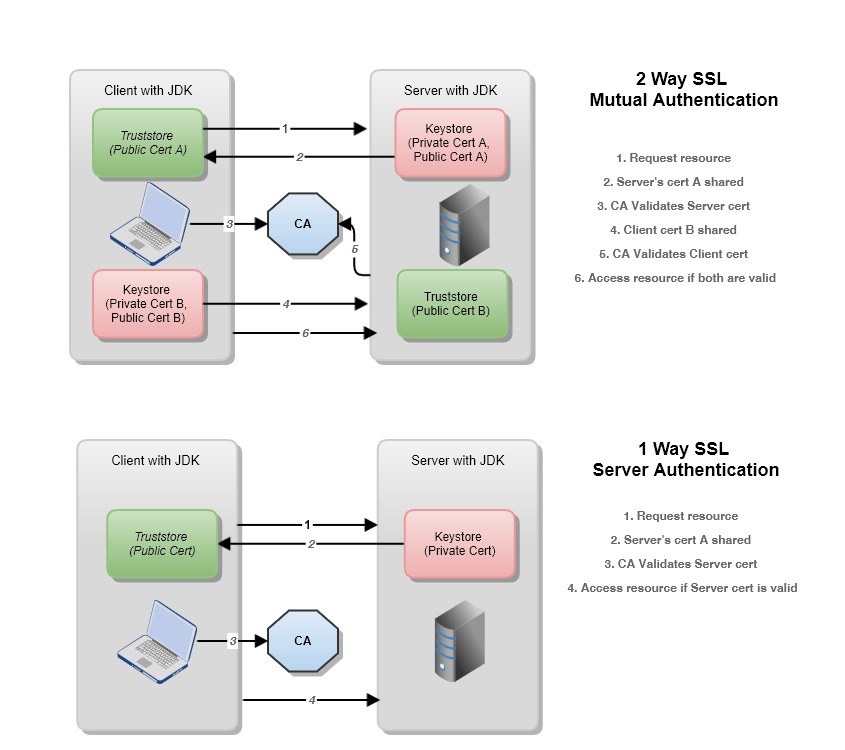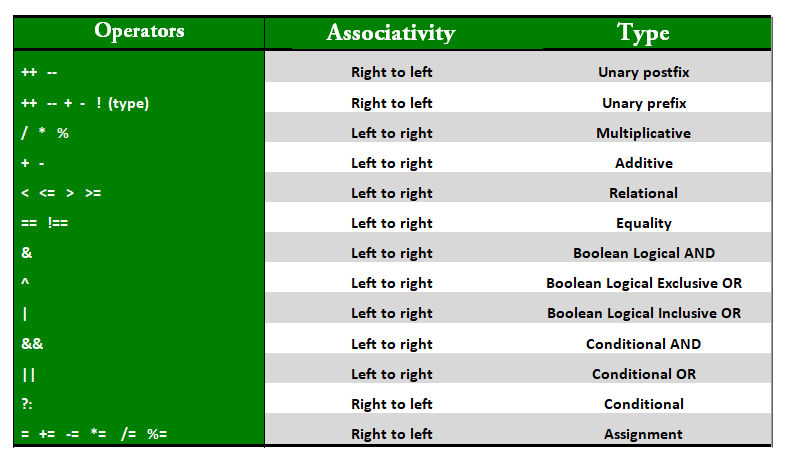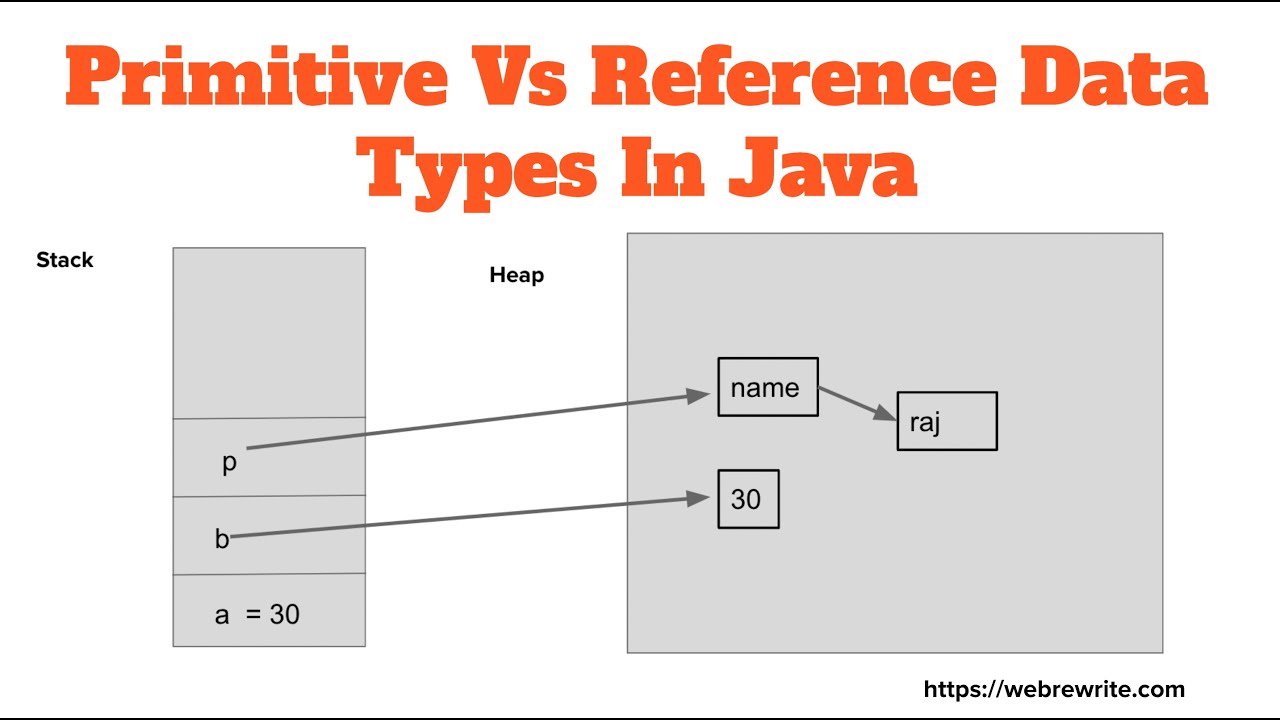What is static vs non static variables in Java?
What is static vs non static variables in Java?
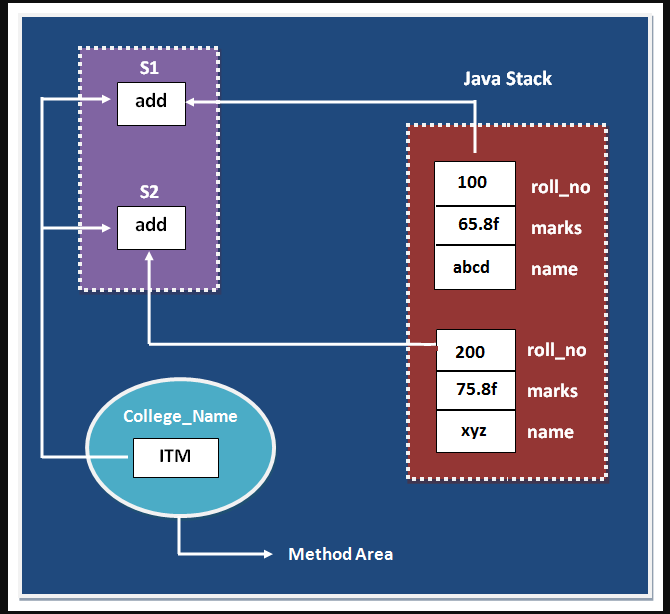
I'd be happy to explain the difference between static and non-static variables in Java!
In Java, variables can be classified into two categories: static and non-static. This classification is crucial because it affects how these variables are used, accessed, and shared among objects.
Non-Static Variables (Instance Variables)
Non-static variables, also known as instance variables, are created for each object that is instantiated from a class. These variables exist only within the scope of an individual object, and their values can differ between objects. Each time an object is created, a new copy of these variables is initialized with default or user-defined values.
Here are some key characteristics of non-static variables:
Each object has its own copy: Multiple objects created from the same class will have separate instances of these variables. Values can differ between objects: The value of a non-static variable can vary depending on the object that owns it. Accessed through an object reference: Non-static variables are accessed using an instance of the class, such asmyObject.myVariable.
Static Variables
Static variables, also known as class variables, exist only once in memory for the entire class, and their values are shared by all objects created from that class. These variables are essentially global variables associated with a specific class.
Here are some key characteristics of static variables:
Shared among all objects: All objects created from the same class will share the same instance of this variable. Values are the same for all objects: The value of a static variable is the same across all objects, as they are stored in a single location in memory. Accessed without an object reference: Static variables can be accessed directly using the class name, such asMyClass.myStaticVariable.
When to Use Each
Now that we've covered the basics of static and non-static variables, let's discuss when to use each:
Use non-static variables (instance variables) when: You need a unique value for each object. The variable represents some aspect of an individual object's state. You want to encapsulate data specific to a particular instance. Use static variables (class variables) when: You need to share the same value among all objects created from the class. The variable represents some constant or configuration that is shared across all instances. You want to maintain a single, global value that can be accessed without referencing an object.In conclusion, understanding the difference between static and non-static variables in Java is crucial for effective programming. By choosing the right type of variable for your needs, you can create more robust, maintainable, and efficient code.
Would you like me to elaborate on any specific aspect or provide examples to illustrate these concepts?
static keyword in java
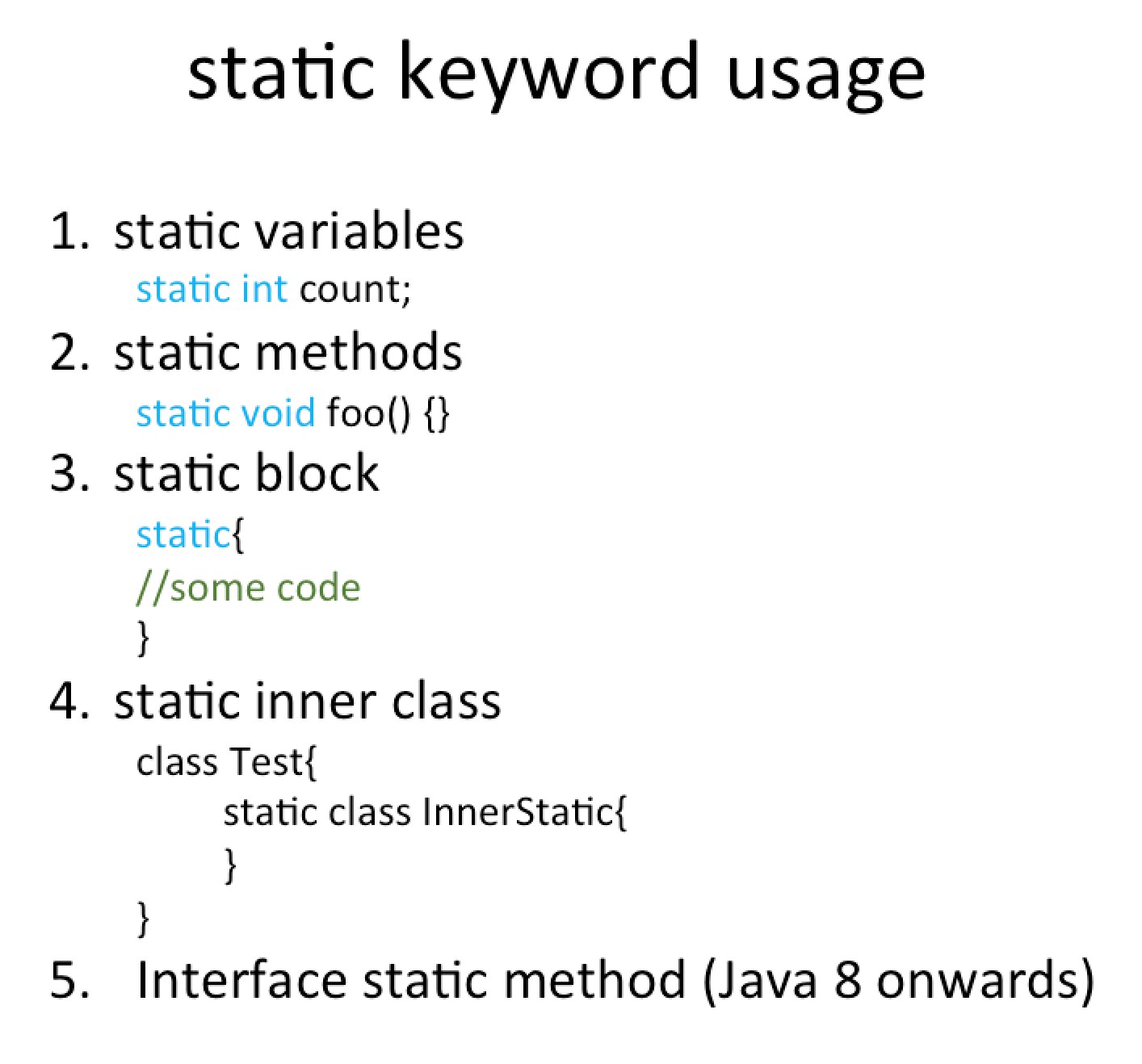
I'll respond in English, but don't worry, Grandma won't get mad! Here's a detailed explanation of the static keyword in Java:
In Java, the static keyword is used to define methods and variables that belong to a class rather than an instance of the class. When you declare a method or variable as static, it means that only one copy of that member exists, regardless of how many instances of the class are created.
Static Variables
A static variable is shared by all instances of a class. This means that when you modify the value of a static variable through one instance, the change will be reflected in all other instances as well. Static variables are initialized only once, when the program starts, and their values are retained even after the program terminates.
Here's an example:
public class MyClass {public static int counter = 0;
public void incrementCounter() {
counter++;
}
}
In this example, counter is a static variable. If you create multiple instances of MyClass and call incrementCounter() on each instance, the value of counter will be incremented separately for each instance. However, if you access counter directly from one of the instances, it will reflect the updated value.
Static Methods
A static method is a method that can be called without creating an instance of the class. Static methods are essentially utility methods that can be used to perform some computation or operation on data. Like static variables, static methods are shared by all instances of a class and are initialized only once when the program starts.
Here's an example:
public class MathUtil {public static int add(int a, int b) {
return a + b;
}
}
In this example, add() is a static method. You can call it without creating an instance of MathUtil, like this: int result = MathUtil.add(2, 3);.
When to Use Static Members
Use static members when:
You need a variable or method that is shared across all instances of a class. You have a utility method that doesn't depend on the state of an instance. You want to ensure that a method or variable is initialized only once, at program startup.However, be aware of the following limitations:
Static members can't access non-static members of the same class. Static members are not inherited by subclasses. Static members can't be overridden in subclasses.In conclusion, the static keyword in Java provides a way to define variables and methods that belong to a class rather than an instance. It's essential to understand when to use static members, as they offer benefits like shared state and utility-like functionality, but also have limitations that should be considered.
